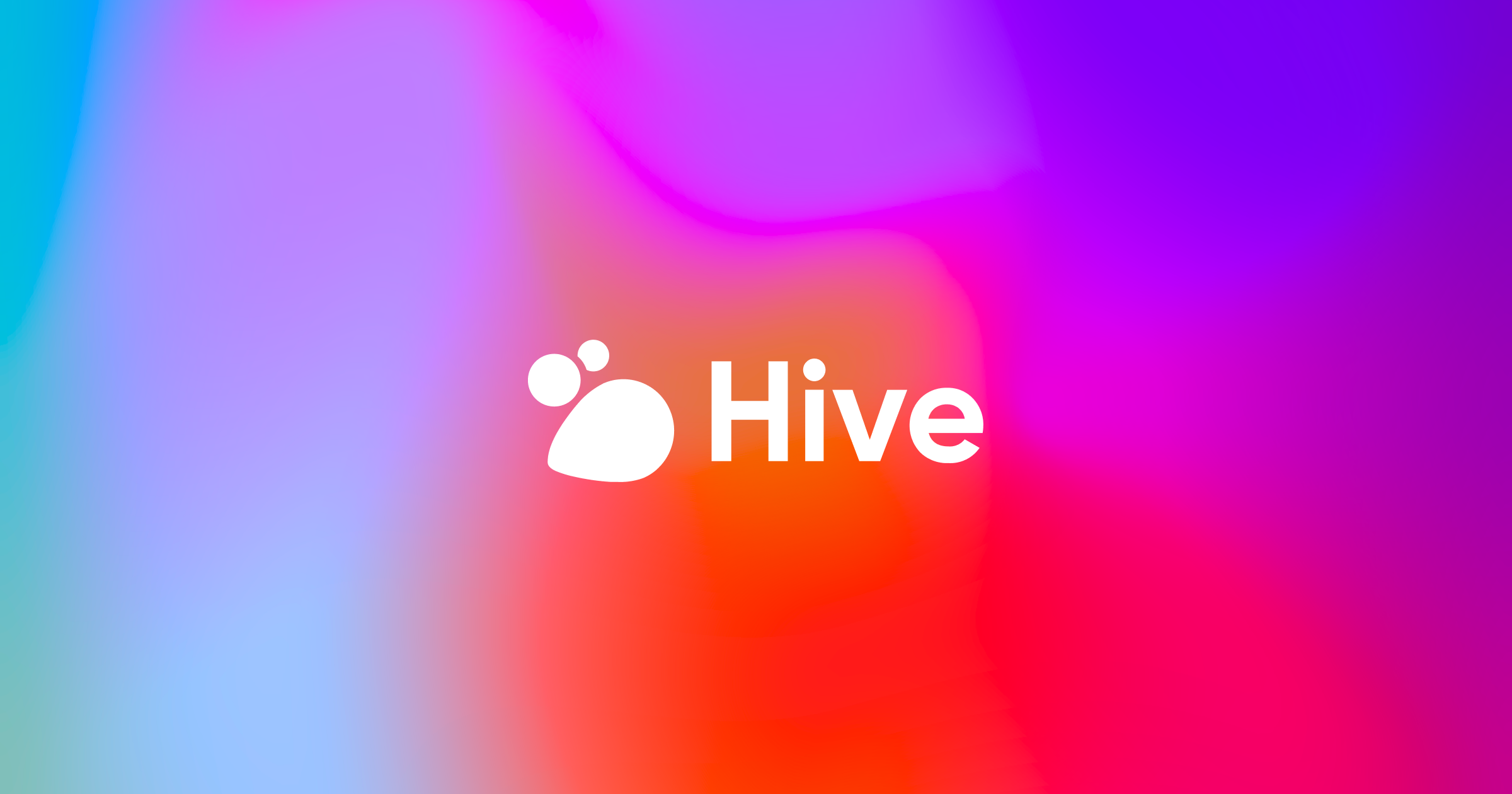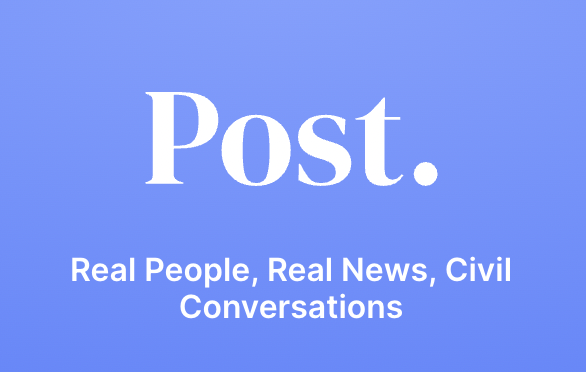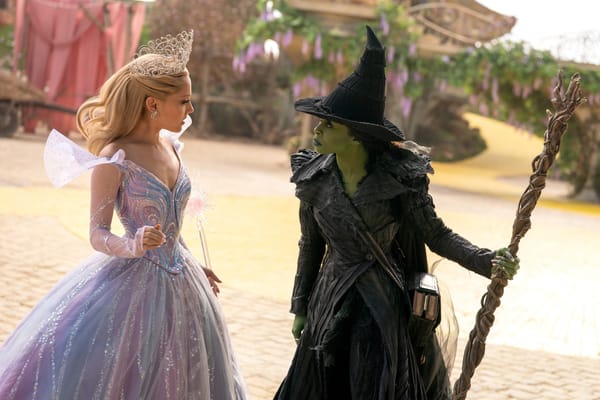How Every Twitter Alternative Kinda Stinks (So Far)
It's not great out there yet, but it's going to be okay.

Like many people who’ve observed the madness currently unspooling at Twitter, I’ve been in the process of trying to move my online presence and following elsewhere.
It hasn’t been easy.
Around a decade ago, the tech world decided that Facebook and Twitter had largely won the social media wars and things calcified for awhile. Why would anyone need to build a new company to connect people if Facebook (and its subsidiaries) and Twitter had already covered most use cases?
Dave Karpf put it really well in a recent issue of :
The Internet of 2012 was Facebook and Amazon, Apple and Google, YouTube and Twitter. It was accessed through smartphones and tablets and laptops. The Internet of 2022 is… basically those same companies and those same consumer devices. “Internet Time” has slowed to a crawl in this past decade.
By comparison, the Internet of 2002 is radically different than the Internet of 2012. Wifi was barely a thing in 2002. The dotcom crash still cast a menacing shadow over Silicon Valley. Google was still the little-startup-that-could. Amazon was the online bookstore that might never turn a profit. Apple had just introduced the iPod and it could only connect to Macs […]
It’s hard to imagine what comes after Twitter because we’ve become so accustomed to Twitter’s role in the broader media ecosystem. Twitter occupies a niche. We’ve spent 10-15 years building around that niche. We’ve also built and curated networks on Twitter over that time — who we follow, who follows us, and who we’ve blocked.
But the stability of the past decade might be crumbling now. And if that happens, we’ll all basically be fine. It’ll just be 2006 again.
As a millennial, I remember the days when every other month, a new social media app/website would launch trying to cash in on this craze, or a large company would embarrassingly try to get in on the game (Does anyone else remember Google Buzz? Pownce? Just me?). Facebook’s skyrocketing market cap had shown that the future lay not just in owning people’s information, but their connections to others. Social was the future.
A lot’s changed since then. Facebook’s growth has slowed dramatically. Twitter is now owned by a megalomaniacal narcissist. Everyone (including Twitter and Facebook) has been trying to imitate Tiktok, with its uncannily good video recommendation algorithm and monstrous engagement.
Why are these tectonic changes in the tech world happening? Over at Vice, Edward Ongweso Jr. posits that social media is dead:
We could mourn the loss of social media and debate the reasons for this shift—perhaps one reason is that just posting for your friends doesn't pay the bills, in most cases, combined with basic degradation of the platforms in the search for profit—or we could seize the moment and arrive at a more radical conclusion: that true social media doesn’t actually exist, and never did.
What we do have, and sometimes enjoy, are a series of communication networks interested in providing a paltry simulacrum of sociality in service of behavior modification and profit maximization. It’s important to keep this in mind because forgetting that we don’t actually have real social networks—that is, networks centered on bonds and groups that go beyond content or consumption—allows us to lose sight of what the fight to realize them requires. You can’t simply adopt a new place to post, you’ll need to take part in a larger mobilization across the entire world and economy to upend the structures that keep in place the system we suffer today.
Ongweso Jr.’s view is that as long as the existing political, social, and capitalist structures in our society persist, along with their perverse incentives, we’ll never realize the promise of what social media can be (that is: media that allows us to connect with each other and reinforce the bonds of community).
Trying to leave Twitter because it’s in the process of being overrun by literal Nazis has been incredibly stressful, but I have to confess that there’s something energizing about it too.
The days when we had no idea which social media networks would survive were disorienting but they were also really weird and exciting. Each social network has its own culture and it’s fun to see these norms being created in real time. It’s also led me to reconsider my own approach to my online presence and I’ve appreciated the chance for introspection (at last, a chance to completely re-do my follower list!), even if it is somewhat involuntary.
Some plausible Twitter alternatives have emerged in recent days but they all have significant shortcomings. Maybe one of them will eventually take the lead as a true successor but whatever comes next will not be the same. It won’t have the same features, the same people, or more importantly, the same vibes. That said, if you’re thinking of trying out some of the other social networks that have emerged in recent days, here’s my take on each one.
Also, while I’ve listed my follow links below, you can always find where to follow me everywhere on my About page.
Mastodon - (follow me here)

What’s cool about it
- It’s decentralized: Mastodon was created specifically as a decentralized response to Twitter. It has similar features, but it cannot be bought or sold by a billionaire because it’s basically software that runs off of servers or “instances” that individuals or institutions run independently.
- The interface is solid: The app and website are pretty intuitive and support many of the same features as Twitter has.
- The written word: One of Twitter’s greatest strengths was that it started as a text-based service. It’s been a great place to demonstrate the power of the written word. So far, I feel like Mastodon has similar potential along those lines (note that Mastodon has a 500 character limit). Part of this may be because (for now, from my experience) videos and images on Mastodon load pretty slowly, so writing is still the best way to get your stuff seen.
What kinda stinks about it
- You have to choose a server to sign up: The number one thing that stinks about Mastodon is that you have to choose a server to sign up for the service and the process of doing so right now is hopelessly broken. When you go to the page to choose a server, many of them force you to apply for an account and barely any of them seem like they align with general interests. (There are 2 servers for “Furries” but 0 servers for “Film” or “TV”). For this reason alone, I don’t think Mastodon will ever be adopted by the masses unless/until a large institutional or corporate backer comes in to bring order to this chaos.
- The choice of server is consequential: Furthermore, Mastodon evangelists will try to tell you that the decision of which server doesn’t matter (“you can always change instances later!”) but they are wrong. Different servers have different norms. Servers can block other servers if they don’t like their moderation practices. A new user has no way of understanding any of this.
- Nothing is private: All direct messages and posts in any instance are accessible by admins in that instance. (But I wouldn’t assume anything at Twitter is private anymore either)
- The culture is sensitive to politics: There’s apparently a culture of requiring “content warnings” on anything that might be even remotely political. I’ve seen several instances of journalists posting normal things that would be widely accepted on Twitter but then getting that content removed on Mastodon. Obviously it depends on what instance you’re in (see above) but it does make me wonder how Mastodon uses an aversion to politics to reinforce existing power structures.
- Harassment is still a problem: Since moderation is not centralized, harassment can still run rampant. (You can read more about this here and here)
Hive

What’s cool about it
- Great interface: Hive has a beautiful user interface that’s kind of a combination of Twitter and Instagram.
- A warm, nurturing environment: Most people on the app are warm, kind, and helpful and in the few days that I used Hive, it felt like a cool place to be.
What kinda stinks about it
- It’s technologically a disaster: Ever since Hive started getting a bunch of new users migrating from Twitter, the app has felt like it’s hanging on by a thread. Stuff doesn’t load, or loads extremely slowly. And that was before they had to shut down because they didn’t fix critical security issues that were recently made public. As of this writing, the app is still not usable!
- I don’t know if they can scale: Hive is currently run by three people. Similar to my last point, I just am not sure that Hive can grow its team fast enough to scale to be a true Twitter alternative. Three people is probably not even enough for legal compliance, let alone building a global social network.
- There’s no web interface: This is app-only for now, folks.
Post.News - (follow me here)

What’s cool about it
- Clean, simple user interface: Post.news has a functional, spartan interface. It’s not flashy and it feels like it’s meant to be a serious place where serious conversations are had.
- A lot of journalists are there: If you mostly used Twitter to connect with journalists, many of them are already posting. (Scott Galloway is an investor and Kara Swisher is an advisor).
- The people in charge seem like they know what they’re doing: Founder and CEO Noam Bardin was the CEO of Waze and I believe he has the skills to scale a tech organization.
What kinda stinks about it
- You have to join a waitlist to sign up: Originally, Post.news was supposed to launch months from now but the recent upheaval at Twitter forced them to go to market early. As a result, they’re basically still in a beta phase and you need to join a waitlist to even get access to the site.
- Please don’t criticize the rich people: Post.news is partially funded by Andreesen Horowitz, an organization that has shown itself hostile to conventional journalism. In the original version of Bardin’s welcome post, he wrote, “We believe that all humans are created equal, endowed with unalienable rights that include life, liberty, and the pursuit of happiness, regardless of their gender, religion, ethnicity, race, sexual orientation, net worth, or beliefs.” My guess is whatever comes next is probably not going to involve speaking a lot of truth to billionaire power.
- Their business model will probably be weird: It seems like Post.news is building for a future where publishers and individuals paywall their content and people unlock that content with “points” that you can purchase on the site. Very few sites have been able to make this business model work. We’ll see if Post.news can.
Phew! That was a lot. I hope you found some of it helpful. Ultimately, social networks are about people. And I do believe at the end of the day, we’ll all find each other again, whether it’s on Twitter (under new ownership) or some other far flung place on the internet. It’s just going to take a little while for it to all sort itself out.
But here’s my question: Have you tried any Twitter alternatives? And if so, what do you think of them? Hit me up in the comments below with your thoughts.
Stuff I’ve made
[PAID ONLY] On my personal Patreon, we discussed our initial reactions to Glass Onion: A Knives Out Mystery.
On Decoding TV, Patrick Willems and I reflected on a very memorable first season of Andor. Listen/subscribe here.
Also on Decoding TV, we covered the final 4 episodes of The Crown: Season 5.
On Decoding TV’s YouTube channel, we discussed how accurate the depiction of Princess Diana’s biography is in The Crown.
On The Filmcast, we reviewed The Fabelmans this week. Spoiler: I loved it!



